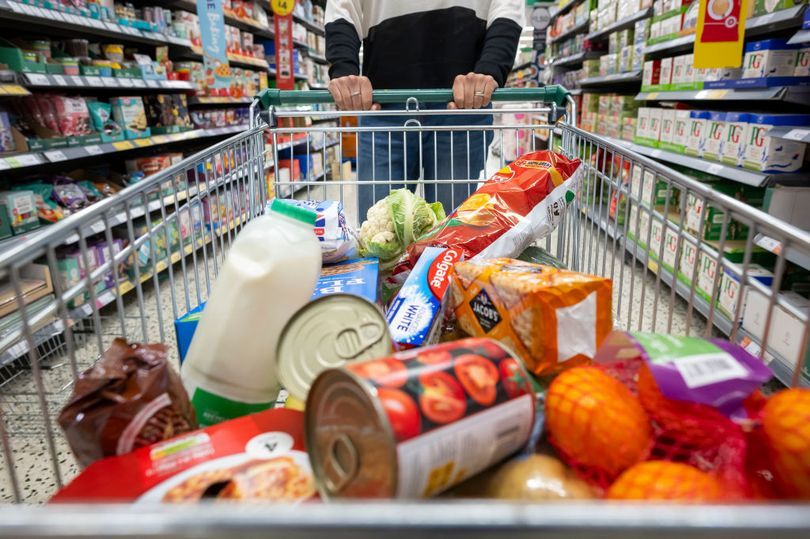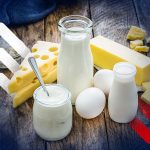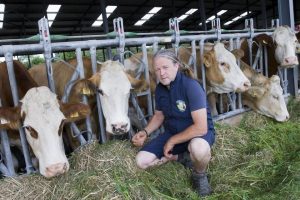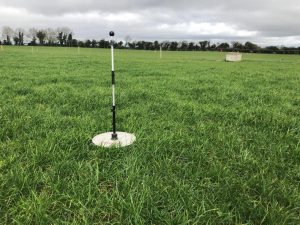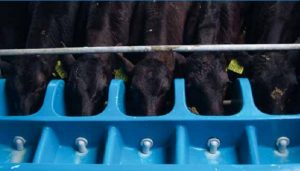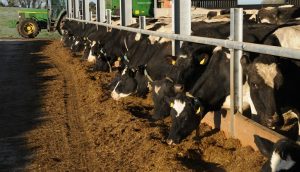
Housing, water, electricity, and fuel are some of the areas most impacted by the cost-of-living crisis, figures from the CSO reveal.
The report also shows milk, sugar, eggs, butter, and bread have all seen their prices skyrocket when compared with December 2021.
The National Average Prices found two litres of full-fat milk had increased by 57c, a pound of butter by 71c, and an 800g loaf of white or brown bread by 26c.
The cost of electricity has also shot up by nearly 63 per cent and gas prices surged by 86.5 per cent when compared with this time last year while higher rents and mortgage interest repayments were also blamed on the increase to price of housing.
The only areas which saw a decrease in prices were Education which saw a 7.1 per cent drop because of a drop in costs associated with third level education.
While “miscellaneous goods and services” with a 0.4 decrease as a result of lower motor insurance and health insurance premiums, and jewellery.
The CSO revealed the Consumer Price Index rose by 8.2 per cent between December 2021 and December 2022 but had fallen from 8.9 per cent in November.
Researchers concluded prices have gone up on an annual basis every month since April 2021 and said yearly inflation topped 5 or more per cent every month since October 2021.
Anthony Dawson, Statistician in the Prices Division said: “The latest publication for the Consumer Price Index CPI shows that prices for consumer goods and services in December 2022 increased by 8.2 per cent on average compared with December 2021 … Prices have been rising on an annual basis since April 2021, with annual inflation of 5.0 per cent or more recorded in each month since October 2021.
“The most significant increases in the year were seen in housing, water, electricity, gas, and other fuels which was up 25.9 per cent, and food and non-alcoholic beverages, which rose by 11.7 per cent.
“Growth in energy costs was reflected in the yearly increase of housing, water, electricity, gas and other fuels with electricity up 62.7 per cent, gas rose by 86.5 per cent, liquid fuels (home heating oil) up 39.9 per cent, and solid fuels up 46.9 per cent in the year.”
He continued: “The annual change in food & non-alcoholic beverages costs reflects a rise in prices across a range of products such as fresh whole milk, sugar, eggs, butter, and bread, compared with December 2021.”
But it wasn’t all hikes, researchers said consumer prices fell between November and December of last year.
The cost of transport fell by 2.6 per cent which was put down to the cost of petrol and diesel falling.
Mr Dawson added: “Consumer prices in December fell by 0.2 per cent in the month.
“During December 2021, prices rose by 0.5 per cent in the month.
“The most significant monthly price changes were decreases in transport and alcoholic beverages and tobacco. Transport fell due to lower prices for diesel and petrol.
“Furnishings, household equipment, routine household maintenance, and food and non-alcoholic beverages showed an increase when compared with November 2022.”
Last year, it was revealed producers were forced to increase the price of milk, eggs and cheese by 53 per cent between August 2021 and August 2022.
It comes as Consumer Tax Manager with Taxback.com Marian Ryan said prices hike will continue this year Marian Ryan said: “There are a number of tax changes in the pipeline which will further push up prices for consumers in the coming months. At the end of February 2023, there will be an increase in the VAT charged on gas and electricity bills – and people will face higher energy bills as a result.
This is because the reduced 9 per cent VAT rate which currently applies to energy bills – as a way to help people manage the cost-of-living crisis – will be increased to 13.5 per cent.
“Given the difficulties that so many people are still facing navigating the price squeeze, the Government needs to give serious consideration to extending that reduced 9 per cent VAT rate on energy bills.
“That reduced rate of VAT is also due to run out for the hospitality sector at the end of February – which means there will be an increase in the VAT charged, and therefore the price of, hotel stays, hotel and restaurant meals, hairdressing, and trips to cinemas and theatres.”
Marian added: “The cost of filling up the tank will also go up from March 1 as the current excise duty reductions on petrol and diesel are due to come to an end on February 28. Drivers will be hit hard at the petrol pump as a result.
